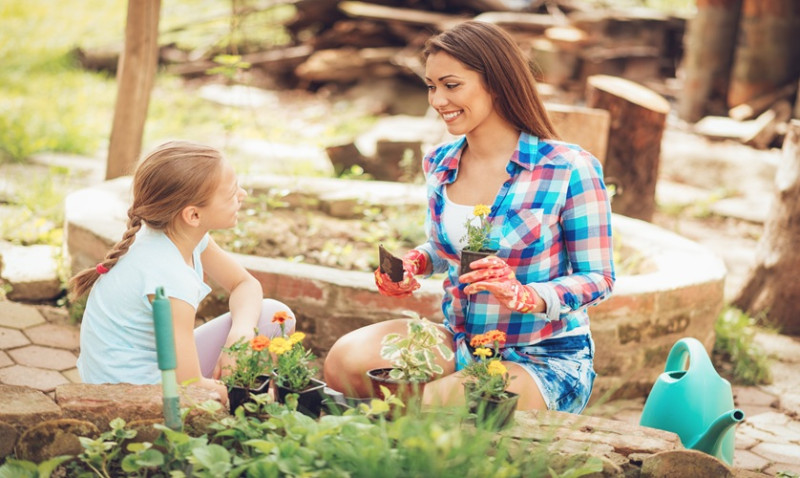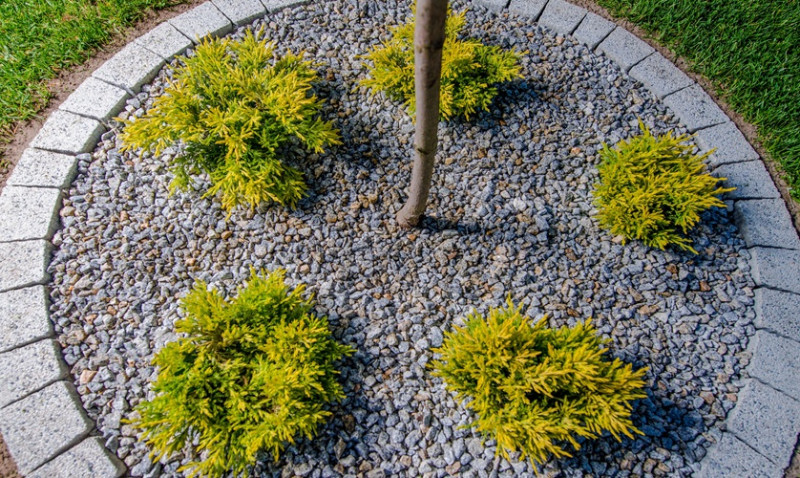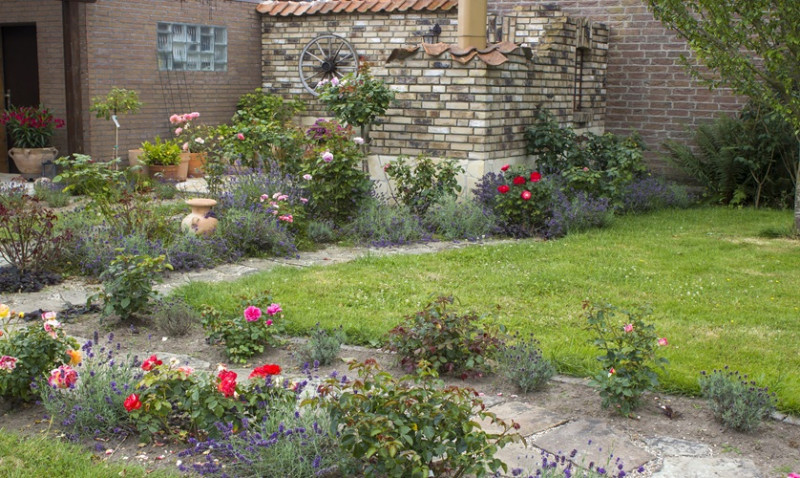
As we move further into the 21st century, the importance of sustainable gardening practices has never been more critical. With climate change, biodiversity loss, and environmental degradation at the forefront of global issues, adopting eco-friendly gardening techniques is essential for both the planet and our well-being. In this comprehensive guide, we will explore various sustainable gardening practices that can enhance your garden in 2025 and beyond.
Understanding Sustainable Gardening
Sustainable gardening is an approach that focuses on creating a garden that is environmentally friendly, economically viable, and socially responsible. It involves using practices that conserve resources, promote biodiversity, and minimize waste. By implementing sustainable gardening techniques, you can create a thriving garden that benefits both you and the environment.
The Benefits of Sustainable Gardening
- Environmental Protection: Sustainable gardening practices help reduce pollution, conserve water, and protect wildlife habitats.
- Healthier Soil: By using organic methods, you can improve soil health, leading to better plant growth and reduced need for chemical fertilizers.
- Biodiversity: Sustainable gardens promote a diverse ecosystem, attracting beneficial insects and wildlife.
- Cost-Effective: Many sustainable practices, such as composting and rainwater harvesting, can save you money in the long run.
- Community Engagement: Sustainable gardening encourages community involvement and education, fostering a sense of connection among neighbors.
Eco-Friendly Practices for Your Garden
1. Composting: The Heart of Sustainable Gardening
Composting is one of the most effective ways to recycle organic waste and enrich your garden soil. By composting kitchen scraps, yard waste, and other organic materials, you can create nutrient-rich compost that improves soil structure and fertility.
How to Start Composting
- Choose a compost bin or pile location in your garden.
- Gather organic materials such as fruit and vegetable scraps, grass clippings, leaves, and coffee grounds.
- Avoid adding meat, dairy, and oily foods to prevent odors and pests.
- Turn the compost regularly to aerate it and speed up the decomposition process.
- After a few months, your compost will be ready to use as a natural fertilizer.
2. Water Conservation Techniques
Water is a precious resource, and conserving it is crucial for sustainable gardening. Implementing water-saving techniques can help you maintain a healthy garden while reducing your water usage.
Effective Water Conservation Methods
- Rainwater Harvesting: Install rain barrels to collect rainwater from your roof. This water can be used for irrigation during dry spells.
- Drip Irrigation: Use a drip irrigation system to deliver water directly to the roots of your plants, minimizing evaporation and runoff.
- Mulching: Apply a layer of organic mulch around your plants to retain moisture, suppress weeds, and improve soil health.
- Native Plants: Choose drought-resistant native plants that require less water and are better adapted to your local climate.
3. Organic Pest Management
Managing pests organically is a key component of sustainable gardening. By avoiding synthetic pesticides, you can protect beneficial insects and maintain a healthy ecosystem in your garden.
Strategies for Organic Pest Control
- Companion Planting: Plant certain species together to deter pests naturally. For example, marigolds can repel nematodes and aphids.
- Beneficial Insects: Attract ladybugs, lacewings, and other beneficial insects that prey on harmful pests.
- Natural Remedies: Use homemade sprays made from garlic, neem oil, or insecticidal soap to control pest populations.
- Physical Barriers: Use row covers, nets, or traps to physically block pests from reaching your plants.
4. Soil Health and Fertility
Healthy soil is the foundation of a sustainable garden. Improving soil health through organic practices can lead to better plant growth and resilience against pests and diseases.
Ways to Enhance Soil Health
- Crop Rotation: Rotate your crops each season to prevent soil depletion and reduce pest and disease buildup.
- Cover Crops: Plant cover crops during the off-season to prevent erosion, improve soil structure, and add nutrients back into the soil.
- Organic Amendments: Incorporate organic matter such as compost, well-rotted manure, or worm castings to enhance soil fertility.
- Soil Testing: Regularly test your soil to understand its nutrient content and pH levels, allowing you to make informed amendments.
5. Sustainable Landscaping Practices
Landscaping can have a significant impact on the environment. By adopting sustainable landscaping practices, you can create a beautiful outdoor space that is also eco-friendly.
Eco-Friendly Landscaping Ideas
- Native Plants: Use native plants in your landscape design to support local wildlife and reduce water usage.
- Permeable Paving: Choose permeable materials for walkways and driveways to allow rainwater to infiltrate the ground, reducing runoff.
- Edible Landscaping: Incorporate edible plants into your landscape design, creating a functional and beautiful garden.
- Wildlife Habitats: Create habitats for birds, bees, and other wildlife by adding birdhouses, bee hotels, and native flowering plants.
Future Trends in Sustainable Gardening
As we look ahead to 2025 and beyond, several trends are emerging in the world of sustainable gardening. These trends reflect a growing awareness of environmental issues and a desire to create gardens that are not only beautiful but also beneficial to the planet.
1. Vertical Gardening
With urbanization on the rise, vertical gardening is becoming increasingly popular. This technique allows gardeners to maximize space by growing plants vertically, making it ideal for small backyards or balconies.
2. Hydroponics and Aquaponics
Hydroponics and aquaponics systems are gaining traction as sustainable methods of growing food without soil. These systems use nutrient-rich water to grow plants, reducing the need for pesticides and fertilizers.
3. Smart Gardening Technology
Advancements in technology are making it easier to garden sustainably. Smart gardening tools, such as soil moisture sensors and automated irrigation systems, help gardeners optimize water usage and monitor plant health.
4. Community Gardens
Community gardens are becoming more popular as people seek to connect with their neighbors and grow their own food. These gardens promote sustainability, education, and community engagement.
Conclusion
Incorporating sustainable gardening practices into your garden in 2025 is not only beneficial for the environment but also enhances your gardening experience. By adopting eco-friendly techniques such as composting, water conservation, organic pest management, and improving soil health, you can create a thriving garden that contributes to a healthier planet. As we embrace the future of gardening, let us commit to sustainable practices that will benefit generations to come.






